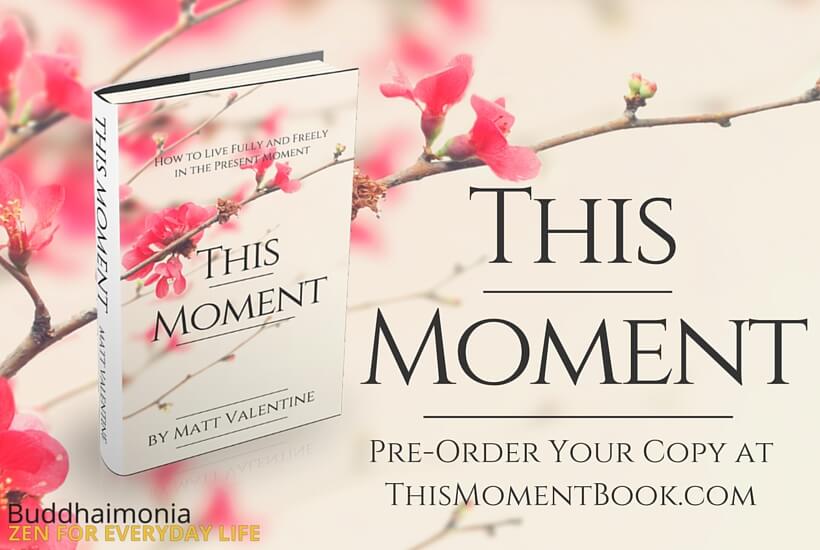For a little over one year, I kept a journal. At the time, I had been practicing mindfulness for a while and figured keeping a journal could be a helpful daily exercise towards my practice and life in general.
I already knew the power of writing. The way that writing from the heart, allowing everything to flow out of you as it will from thought or feeling to pen and then paper, can help calm the mind and bring clarity wasn't foreign to me.
However, a journal was the opportunity to do that on an almost moment-to-moment basis. Sometimes, I'd recap the day at the end of the day. Other times, I'd jot down sentences as I was thinking or feeling something throughout the day.
No matter how I did my journal for that day, a journal allowed me to start a dialogue within myself about what was going on within and around me. It helped bring clarity where there was none. In this way, it served as very much an extension of my mindfulness practice.
A journal might not be for everyone. However, whether you think it will be a worthwhile exercise or not I suggest you give it a try at least once.
So then, how do you do it? The rest of this post will detail the obvious questions of what kind of journal you should or can use and how to write in your mindful journal.





